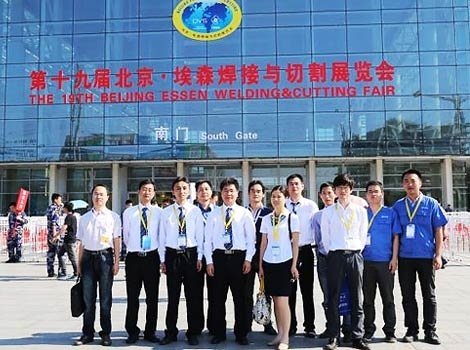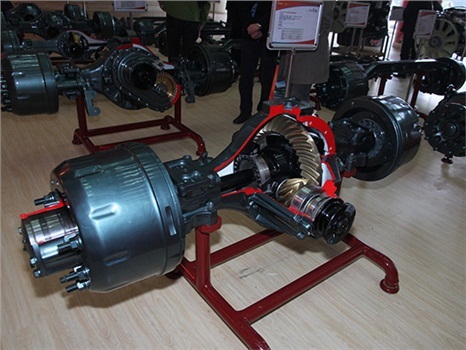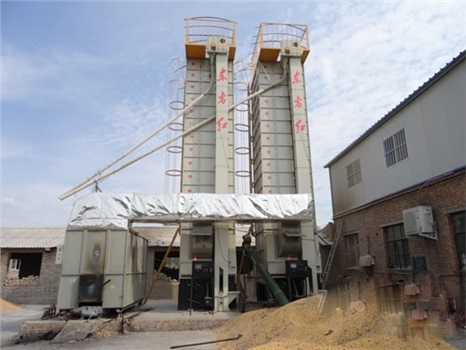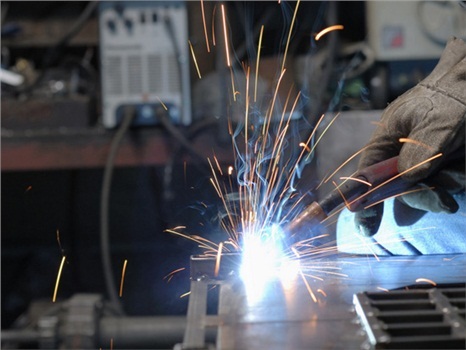Source:Original2017-11-27Page views:3704
The basic forms of welding deformation include shrinkage deformation, angular deformation, bending deformation, wave deformation and distortion.
In the welding process, the uneven heating and cooling of the weldment is the root cause of the welding stress and deformation.
The main measures to reduce the welding stress and deformation are:
Shrinkage deformation allowance. According to the theoretical calculation and practical experience in welding materials and processing in advance when considering shrinkage allowance after welding, in order to achieve the required shape and size.
Two, anti deformation method. According to the theoretical calculation and practical experience, the direction and size of the welding deformation of the structure are estimated in advance, and a preset deformation with the opposite direction and equal size is given in the welding assembly, so as to offset the deformation after welding.
Three. Rigid fixation. When welding, the weldment is rigidly fixed. After welding, the weldment is cooled to room temperature and then rigid fixed, which can effectively prevent angular deformation and wave deformation. This method can increase the welding stress, and is only suitable for the low carbon steel structure with good plasticity.
Four. Choose reasonable welding sequence. Try to free the weld seam. When welding more welded structural parts, the short welded seam should be welded first and then welded to the long weld so as to prevent cracks at the juncture of welds. If the welding seam is long, the method of step by step welding and jump welding can be adopted to make the temperature distribution more uniform, thus reducing the welding stress and deformation.
Five. Hammering welding method. In the cooling process of the weld, the small round hammer is used to hammer the weld uniformly and rapidly, which causes the metal to produce plastic extension deformation, offset part of the welding shrinkage deformation, thereby reducing the welding stress and deformation.
Six, heating "reduction zone" method. Before welding, heating is extended in the vicinity of the welding area (called minus zone). After welding cooling, the heating zone and the weld are contracted together, which can effectively reduce the welding stress and deformation.
Seven. Preheat before welding and slow cooling after welding. The purpose of preheating is to reduce the temperature difference between the weld zone and other parts of the weldment, to reduce the cooling rate of the weld zone, to cool the weldment evenly, and to reduce the welding stress and deformation.
Next:no data



